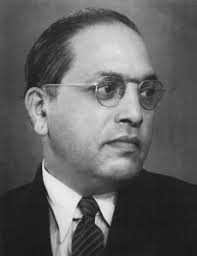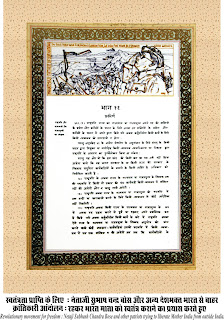Uniform Civil Code : Dr Ambedkar in Constituent Assembly

23 Nov 1948 Constituent Assembly Debates Dr Ambedkar: Therefore, the argument whether we should attempt such a thing seems to me somewhat misplaced for the simple reason that we have, as a matter of fact , covered the whole lot of the field which is covered by a uniform Civil Code in this country. It is therefore too late now to ask the question whether we could do it. As I say, we have already done it. Therefore, the argument whether we should attempt such a thing seems to me somewhat misplaced for the simple reason that we have, as a matter of fact , covered the whole lot of the field which is covered by a uniform Civil Code in this country. It is therefore too late now to ask the question whether we could do it. As I say, we have already done it. Coming to the amendments, there are only two observations which I would like to make. My first observation would be to state that members who put forth these amendments say that the Muslim ...

